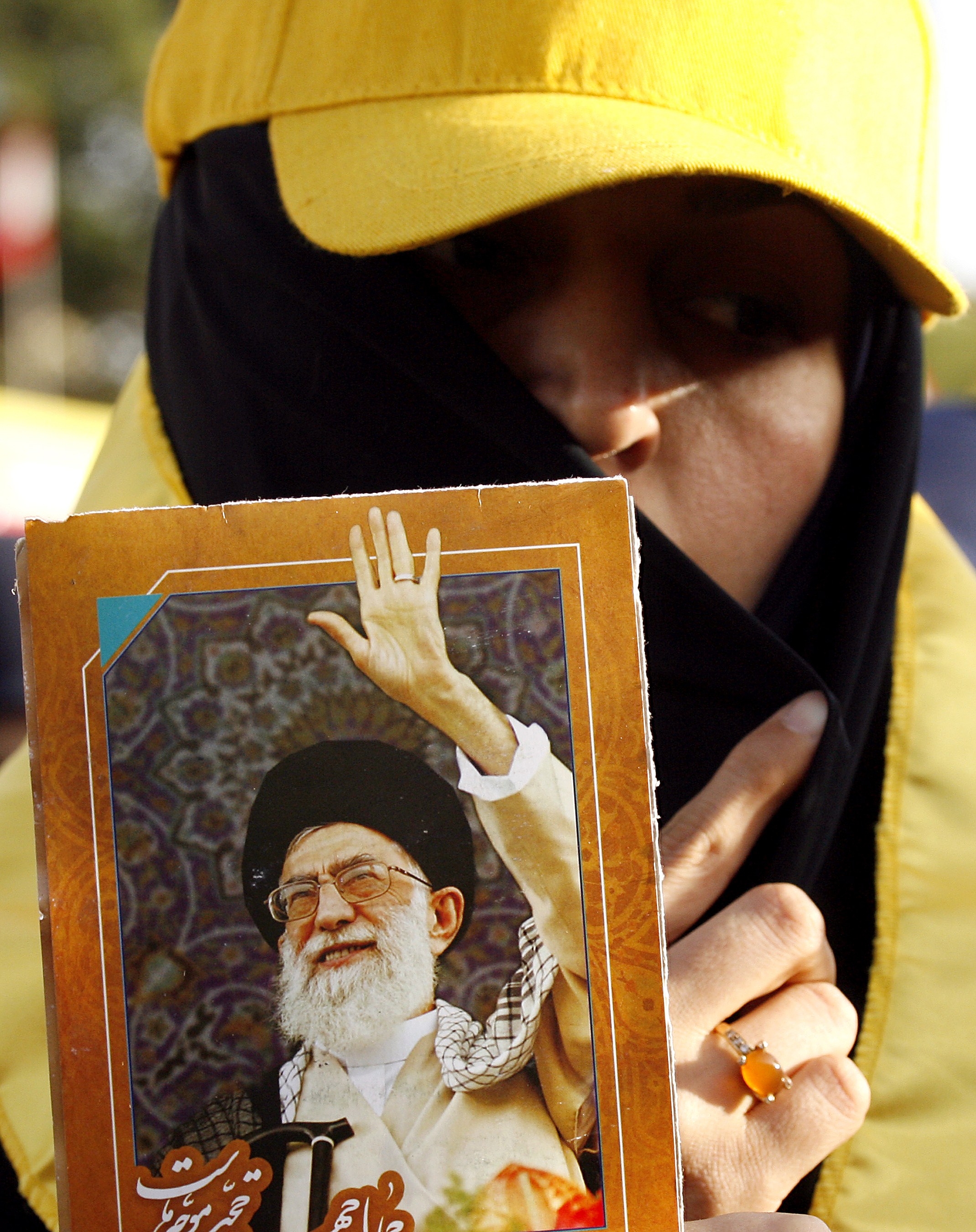CAIRO: In protest of the ongoing clashes between security forces and protesters, which have intensified demands for an immediate end to military rule, Egyptian activists have called for a national boycott of army-produced goods and services.
The latest clashes, which left at least 12 dead and over 2,000 injured, were sparked by what some have labeled a “massacre” at a Port Said football match, which killed 74 people.
Activists and even some parliamentarians have blamed the military council, as the ruling power running the country, along with the interior ministry, for the bloodshed.
As protests and marches intensified demanding a swift handover to civilian rule, some have launched a campaign targeting the army’s finances, a part of the national budget that continues to be shrouded in mystery.
The online movement called Kate3ohom (Boycott Them), which is urging a national boycott of the Supreme Council of the Armed Forces (SCAF), gained the attention of social media users.
The idea also signaled bloggers to help by compiling lists of the military institution’s products and services, which range from producing pasta and fruit jam to the construction of roads and bridges.
Holding SCAF responsible for a slow and mismanaged transition, protesters accuse the military and security forces of deliberately failing to prevent the attacks at the Port Said stadium, as well as conspiring against the youth who have been consistency calling for police reform and an end to military rule.
Egypt’s military also allegedly own gas stations, movie theaters and banquet halls, but its share of the overall economy has never been revealed. Estimates range from between 10-30 percent of the economy. One of the most controversial demands of the revolution is for the army budget to come under the scrutiny of parliament.
“Do you think that an army that makes oils, jams, water, electronics and owns hotels and restaurants is just providing a service and not profiting?” the campaign’s Twitter account said.
“They use our money to kill us when they are supposed to protect us,” Mohamed Qassem, an activist and first year student at Alexandria University’s Faculty of Medicine, told Daily News Egypt.
While the initiative may have little economic affect unless it reaches the masses, it may have a more meaningful political impact as people start to pay more attention to army products on the market.
“This reflects in the segment of Egyptians who believe in the illegitimacy of this institution,” said Ziad Akl, an analyst at Al-Ahram Center for Political and Strategic Studies. “In the long term, this is definitely a tool of pressure on the armed forces.”
The only figure Egyptians know can be traced back to the US military aid, worth about $1.3 billion and even that is not widely discussed in local media.
Youth rallying for the Boycott SCAF campaign, however, believe it can help the fight against military rule.
“I think this can be a very effective move, if we send a message that we are boycotting SCAF, we are sending a message to other nations that if you want to finance an entity that is responsible for terror or killing their own people, here is how the people feel about it,” said Randa Ali, a mass communications senior at the American University in Cairo, who plans on volunteering in the campaign.
Similarly, Akl also believes that the youth’s struggle against military rule could use the boycott by shedding light on what the military has to lose, economically. Still, Akl pointed out that the army’s products target a specific segment of society that is not “economically luxurious.”
“It will be effective, not in a tangible economic way, they already produce at minimum cost, but does have an emotional and political meaning. It definitely draws attention to the fact that the military has civil activities, in the form of these civil goods,” said Akl.
“Their economic premise is not based on these industries,” Akl said referring to the military’s local goods that include companies like Safi, which produces cooking oil and bottled water, or Queen, which makes pasta products.
“It is based mainly on the aid they receive, the land they own, machinery they produce within their factories, not in consumer goods. They do export a lot of materials they produce, however, to countries in the Arab world and Africa,” he said.
Akl also said, “The huge issue between Gamal Mubarak’s lobby and the army was the stress of the neo-liberalism that would limit the state ownership of land and resources. This was the point of contention between the army and Gamal and his close business clients.”
Akl used the example of the current Egyptian law, which gives the army the right to own any unused land in the country.
“They own every single piece of unused land, all the Western Sahara, for example, which is 50 or 60 percent of the land in the country. They own the Eastern Sahara as well, they have the right to claim any piece of land as a military zone and after five years, they can use it however they want. Such moves will bring light to that,” he said.
Since the military council assumed power after Mubarak’s ouster, the army has become a household topic of discussion as it plays a more obvious part of the changing political landscape.
When the army first appeared on the streets after police forces completely retreated during the January uprising in 2011, many protesters welcomed their presence. Since then, the relationship between activists and the military rulers have soured.
Increasingly, Egyptians have called for more transparency from the institution.
“There are some things they are keeping from us that we should know. At least even the parliament should know about the military’s budget,” said Qassem.
“The message this sends is that the power is in the hands of the people, if their voice toppled Mubarak, their boycott will pressure SCAF,” he added.

